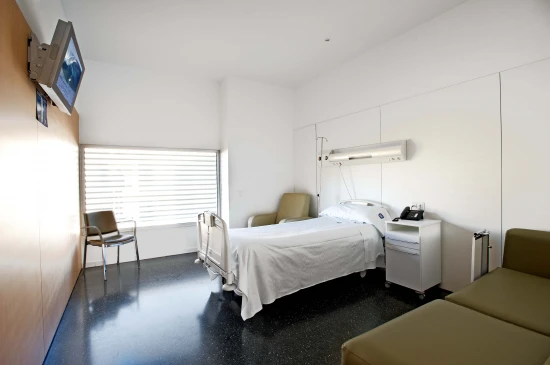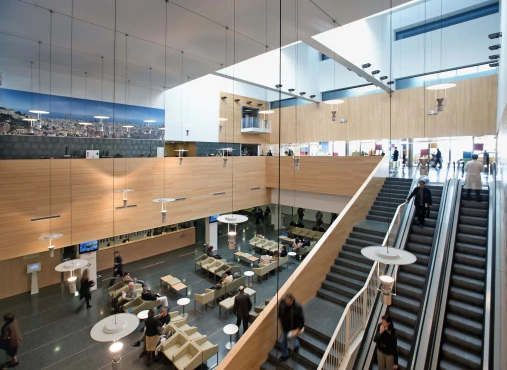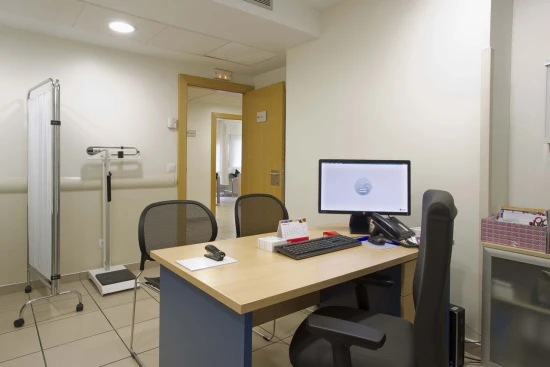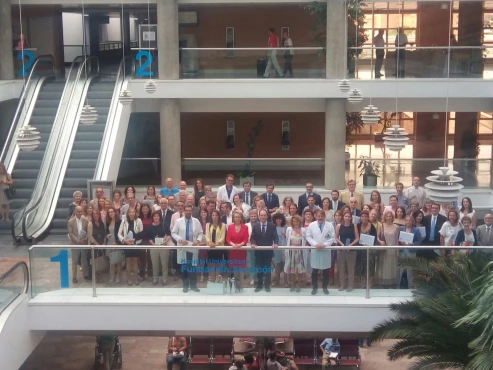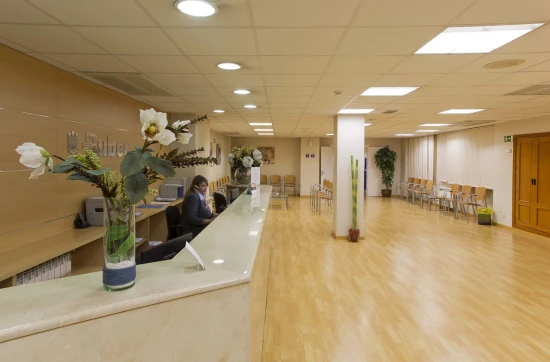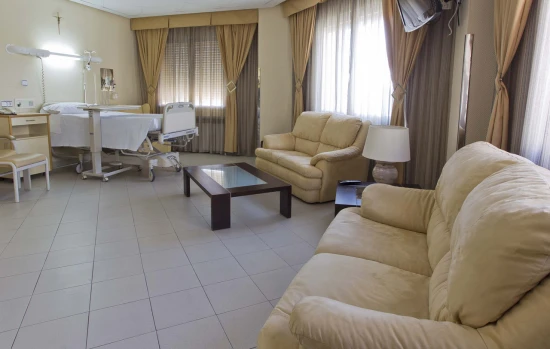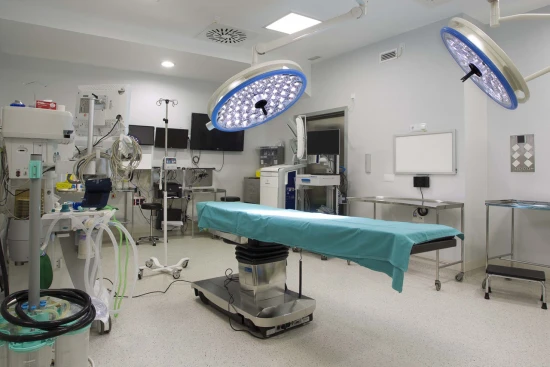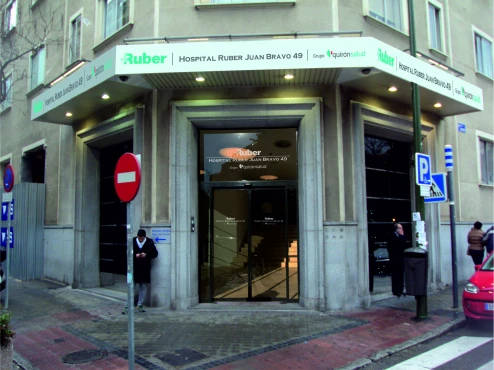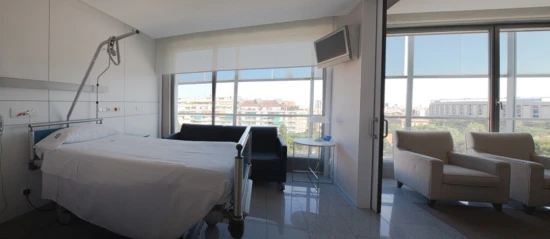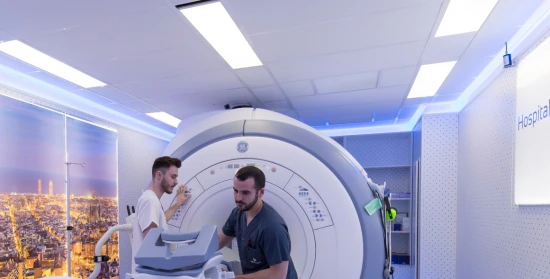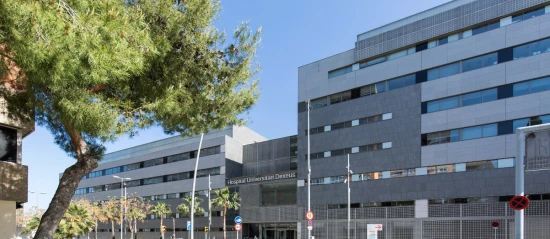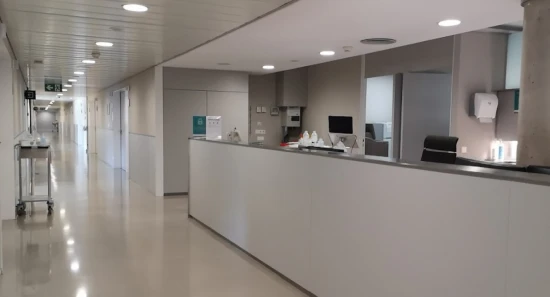Traumatic brain injury (TBI) treatment in 170 Neurosurgery clinics in Europe
170 clinics specializing in Neurosurgery providing treatment of Traumatic brain injury (TBI) Traumatic brain injury (TBI) is a condition caused by a severe blow or jolt to the head, leading to brain damage. It can result in cognitive, physical, and emotional impairments, requiring immediate medical attention and rehabilitation for recovery. disease in Europe.
Albania · 1
Austria · 9
Belarus · 4
Belgium · 2
Bulgaria · 3
Croatia · 1
Czech Republic · 11
Denmark · 3
Finland · 3
France · 7
Germany · 18
Greece · 2
Hungary · 8
Ireland · 4
Italy · 8
Latvia · 5
Luxembourg · 1
Moldova · 1
Netherlands · 4
Poland · 3
Portugal · 5
Romania · 1
Russia · 13
Slovakia · 10
Spain · 16
Sweden · 1
Switzerland · 6
Ukraine · 2
United Kingdom · 17
You can select a specific country
Albania · 1
Austria · 9
Belarus · 4
Belgium · 2
Bosnia and Herzegovina · 1
Bulgaria · 3
Croatia · 1
Czech Republic · 11
Denmark · 3
Finland · 3
France · 7
Germany · 18
Greece · 2
Hungary · 8
Ireland · 4
Italy · 8
Latvia · 5
Luxembourg · 1
Moldova · 1
Netherlands · 4
Poland · 3
Portugal · 5
Romania · 1
Russia · 13
Slovakia · 10
Spain · 16
Sweden · 1
Switzerland · 6
Ukraine · 2
United Kingdom · 17
Sorted by:
Relevance
Rating
Relevance
Prices for popular procedures:

Bratislava, Slovakia
Specializations: Cardiac surgery, Vascular surgery, Thoracic surgery, Neurosurgery, Spine surgery, Orthopedic surgery, Oncology
Languages: English
Nemocnica Ružinov is the largest hospital in Slovakia. University Hospital Bratislava (UNB) is the largest medical facility in Slovakia. The basic mission of UNB is
read more
Prices for popular procedures:
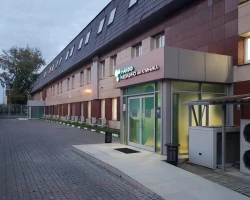
Moscow, Russia
Specializations: Cardiac surgery, Vascular surgery, Thoracic surgery, Neurosurgery, Spine surgery, Orthopedic surgery, Oncology
The National Agency for Clinical Pharmacology and Pharmacy (NAKFF) is a multi-level structure that brings together highly qualified specialists from various fields of medicine.NAKFF Medical
read more
Prices for popular procedures:
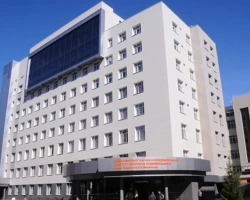
Novosibirsk, Russia
Specializations: Cardiac surgery, Vascular surgery, Thoracic surgery, Neurosurgery, Spine surgery, Orthopedic surgery, Oncology
National Medical Research Center named after academician E.N. Meshalkin (NMIC named after academician E.N. Meshalkin) is the largest multidisciplinary high-tech medical, scientific and educational center
read more
Prices for popular procedures:
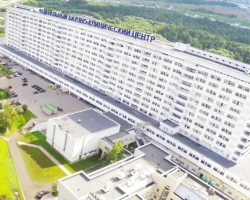
Moscow, Russia
Specializations: Cardiac surgery, Vascular surgery, Thoracic surgery, Neurosurgery, Spine surgery, Orthopedic surgery, Oncology
FNKC FMBA is one of the largest multidisciplinary medical institutions in the country for the provision of specialized medical care, uniting a consultative and diagnostic
read more
Prices for popular procedures:
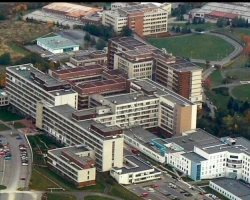
Pilsen, Czech Republic
Specializations: Cardiac surgery, Vascular surgery, Thoracic surgery, Neurosurgery, Spine surgery, Orthopedic surgery, Oncology
Languages: English, German
The Pilsen University Hospital provides basic, specialized and so-called highly specialized medical care for patients in the Pilsen region in all areas. In some fields,
read more
Prices for popular procedures:

České Budějovice, Czech Republic
Specializations: Cardiac surgery, Vascular surgery, Thoracic surgery, Neurosurgery, Spine surgery, Orthopedic surgery, Oncology
Languages: English, German
The České Budějovice Hospital resembles a small town with its size, number of patients, visitors and employees. The complex has its own kitchen, dining room,
read more
Prices for popular procedures:
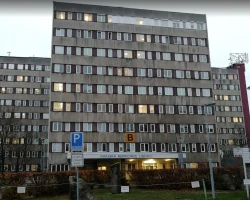
Liberec, Czech Republic
Specializations: Cardiac surgery, Vascular surgery, Thoracic surgery, Neurosurgery, Spine surgery, Orthopedic surgery, Oncology
Krajská nemocnice Liberec provides highly specialized medical care, standard specialized and follow-up care, follow-up care and corresponding inpatient, outpatient and other health care/ as part
read more
Prices for popular procedures:

Budapest, Hungary
Specializations: Cardiac surgery, Vascular surgery, Thoracic surgery, Neurosurgery, Spine surgery, Orthopedic surgery, Oncology
The Hungarian Armed Forces Hospital was created through the integration of the Honvédkórház−State Health Center and the MH Dr. György Radó Honvéd Health Center. As
read more
Prices for popular procedures:

Debrecen, Hungary
Specializations: Cardiac surgery, Vascular surgery, Thoracic surgery, Neurosurgery, Spine surgery, Orthopedic surgery, Oncology
The Clinical Center provides the high quality implementation of patient care in University of Debrecen. In the Clinical Center of University of Debrecen more than
read more
Prices for popular procedures:
Prices for popular procedures:

Prague, Czech Republic
Specializations: Cardiac surgery, Vascular surgery, Thoracic surgery, Neurosurgery, Spine surgery, Orthopedic surgery, Oncology
FN Motol (Faculty Hospital Motol) is presently divided into 3 units – a children’s hospital serving 690 young patients, an adult unit for 1230 patients
read more
Prices for popular procedures:
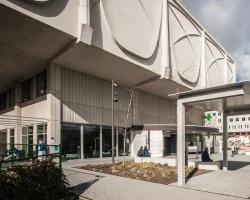
Brussels, Belgium
Specializations: Cardiac surgery, Vascular surgery, Thoracic surgery, Neurosurgery, Spine surgery, Orthopedic surgery, Oncology
Languages: Dutch, English, French
At Universitair Ziekenhuis Brussel, the patient is always our highest priority: we respect each patient as a person, without distinguishing by origin, language, social status
read more
Prices for popular procedures:
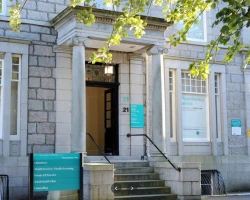
Aberdeen, United Kingdom
Specializations: Cardiac surgery, Vascular surgery, Thoracic surgery, Neurosurgery, Spine surgery, Orthopedic surgery, Oncology
Albyn Hospital is part of Circle Health Group, a leading provider of healthcare services throughout the UK. Located in the west end of Aberdeen, Albyn
read more
Prices for popular procedures:
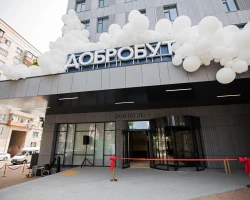
Kyiv, Ukraine
Specializations: Cardiac surgery, Vascular surgery, Thoracic surgery, Neurosurgery, Spine surgery, Orthopedic surgery, Oncology
The Innovative Center for Cardiac and Vascular Surgery is a specialized clinic that provides high-quality, safe medical care for the most closed cycle 24/7 for
read more
Prices for popular procedures:
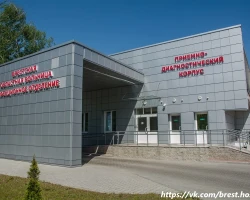
Brest, Belarus
Specializations: Cardiac surgery, Vascular surgery, Thoracic surgery, Neurosurgery, Spine surgery, Orthopedic surgery, Oncology
Languages: English, Russian
Kidney transplantation has been introduced at the health care institution "Brest Regional Clinical Hospital" . More than 1,500 cardiac surgeries are performed annually in
read more
Prices for popular procedures:
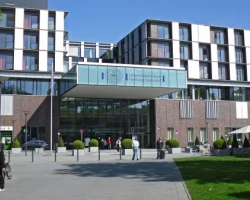
Hamburg, Germany
Specializations: Cardiac surgery, Vascular surgery, Thoracic surgery, Neurosurgery, Spine surgery, Orthopedic surgery, Oncology
Languages: Arabic, English, German, Russian
Knowledge – Research – Healing through Shared Competence We are one of Europe´s most modern clinics. Here specialists from all fields of medicine are brought
read more
Prices for popular procedures:
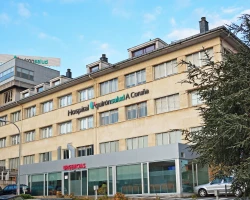
A Coruña, Spain
Specializations: Cardiac surgery, Vascular surgery, Thoracic surgery, Neurosurgery, Spine surgery, Orthopedic surgery, Oncology
The Quirónsalud A Coruña Hospital is a medical-surgical health center that is at the forefront of medical technology in Galicia, both in diagnosis and treatment
read more
Prices for popular procedures:
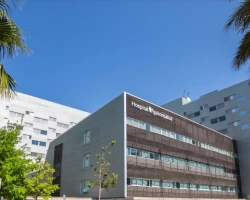
Barcelona, Spain
Specializations: Cardiac surgery, Vascular surgery, Thoracic surgery, Neurosurgery, Spine surgery, Orthopedic surgery, Oncology
Located in an emblematic and well-connected area of the city, at the confluence of Passeig de Sant Gervasi, Avinguda República Argentina and Ronda de Dalt
read more
Prices for popular procedures:
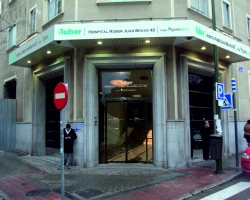
Madrid, Spain
Specializations: Cardiac surgery, Vascular surgery, Thoracic surgery, Neurosurgery, Spine surgery, Orthopedic surgery, Oncology
The new Ruber Juan Bravo hospital complex unites the excellence in care of the Ruber and Quirónsalud San Camilo hospitals. The union of both centers
read more
Prices for popular procedures:
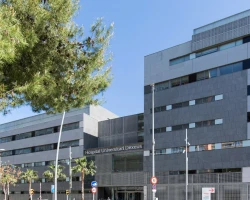
Barcelona, Spain
Specializations: Cardiac surgery, Vascular surgery, Thoracic surgery, Neurosurgery, Spine surgery, Orthopedic surgery, Oncology
Hospital Universitario Dexeus is located in an exceptional point in the city of Barcelona, in the center of the so-called 'axis of knowledge' and where
read more
Clinics grouping by rating
Clinic with the highest rating of 5 — AXIS Clinic, Moscow in Moscow, Russia, clinic with the most reviews number of 2822 — Jiménez Díaz Foundation University Hospital in Madrid, Spain.
With rating 4.0 and over — 40 clinics .
Countries with the highest number of clinics treating the diseases:
Traumatic brain injury (TBI):
worldwide
482 clinics
Brazil
32 clinics
Colombia
25 clinics
India
23 clinics
Mexico
22 clinics
Turkey
22 clinics
Related procedures:
Procedures are likely to be used for Traumatic brain injury (TBI) treatment:
Decompressive craniectomy,
External ventricular drain (EVD) placement,
Head injury surgery,
and
Transcranial magnetic stimulation (TMS) - per course
.
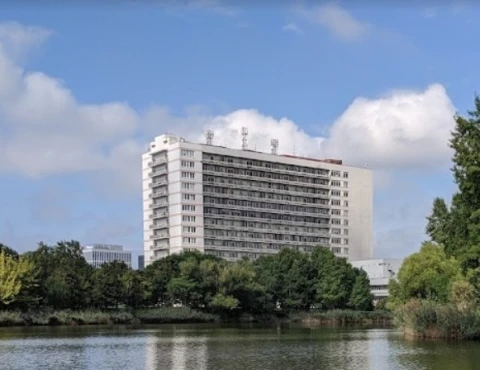
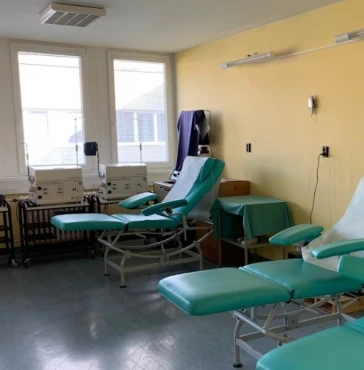
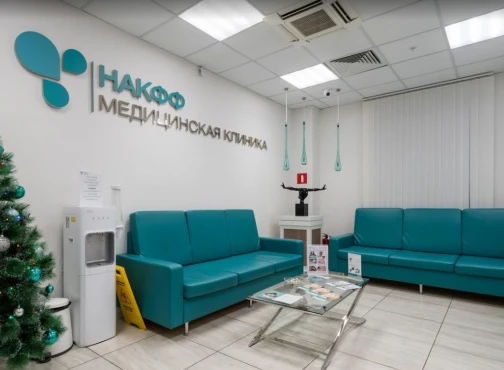
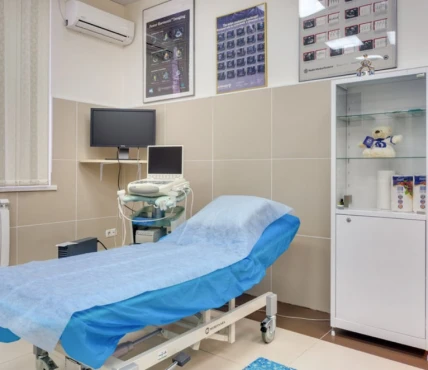
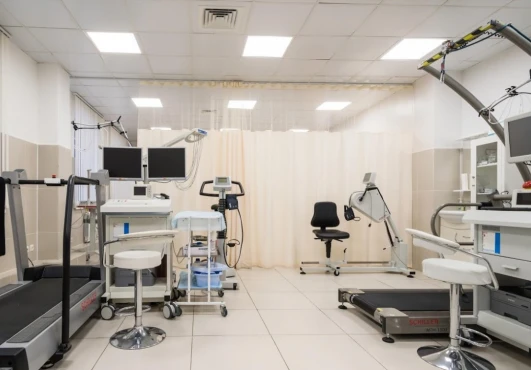
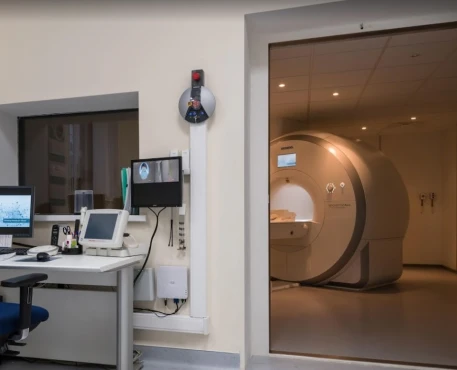
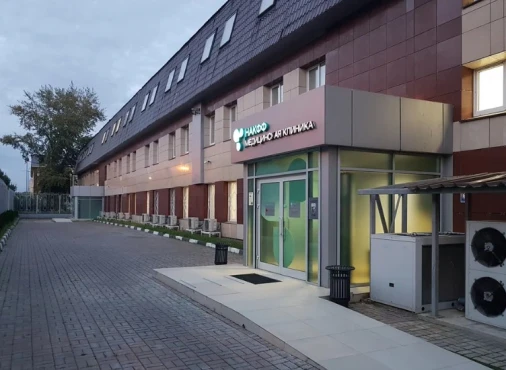
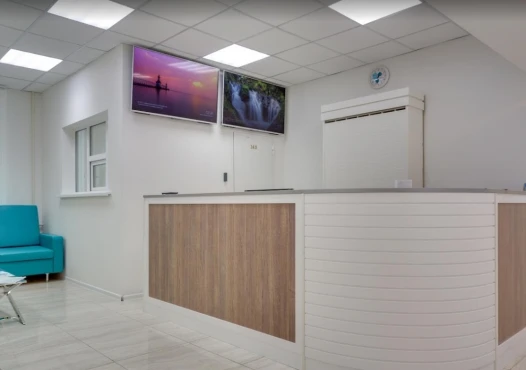
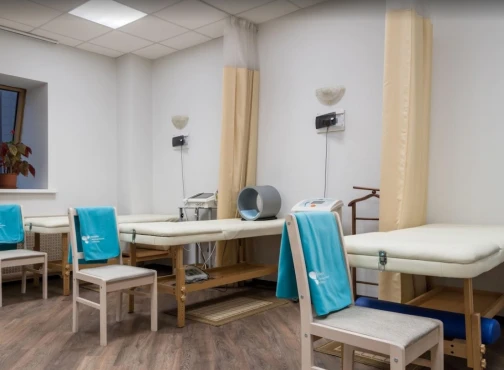
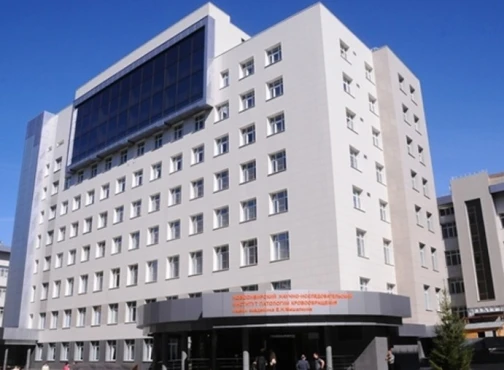
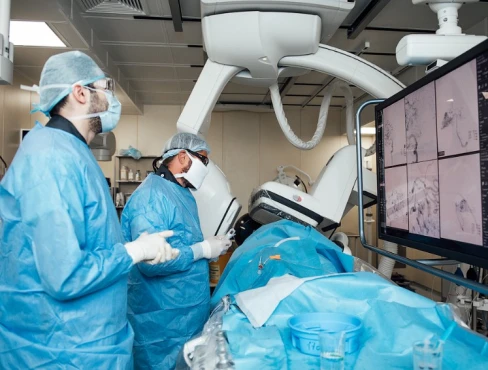
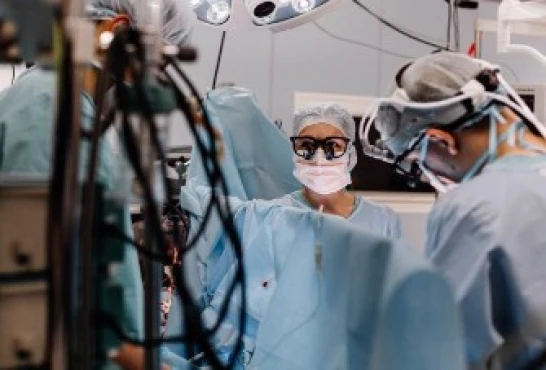
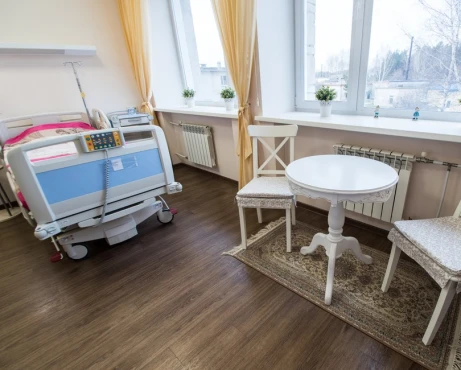
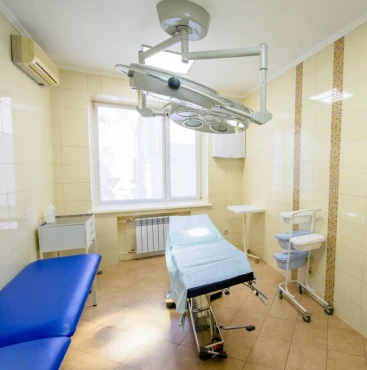
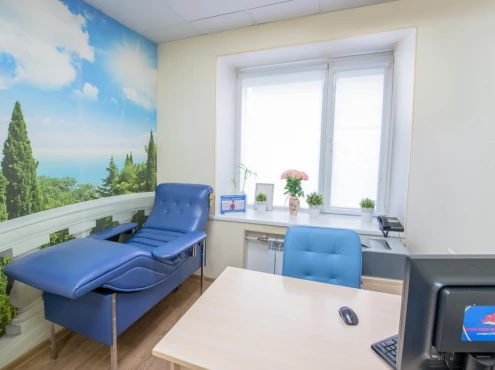
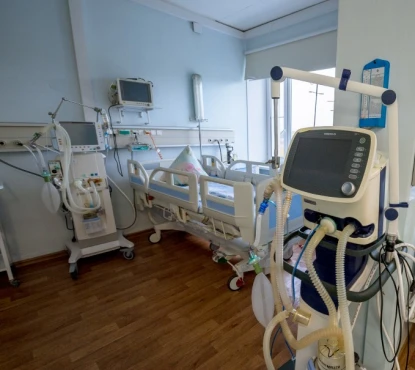
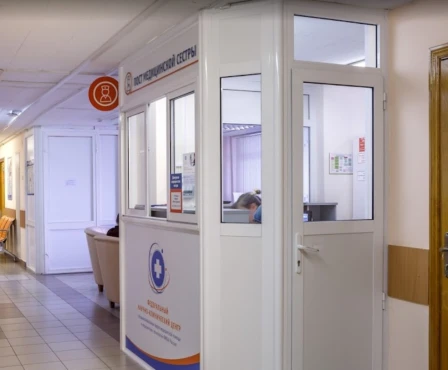
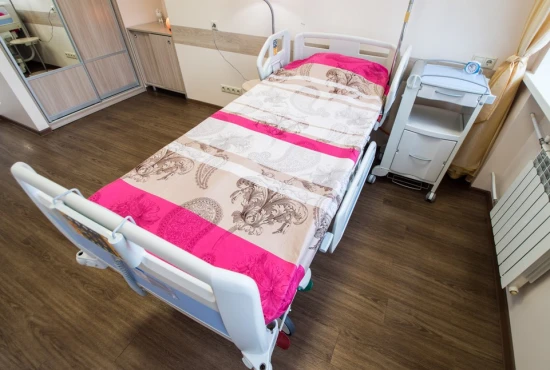
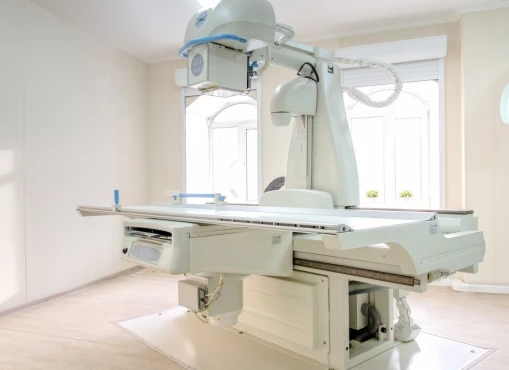
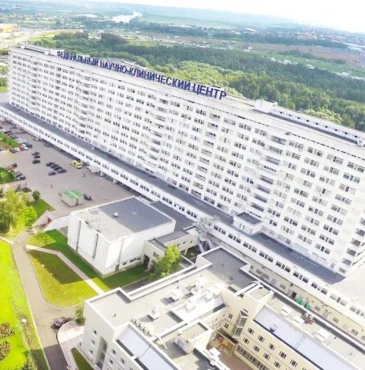
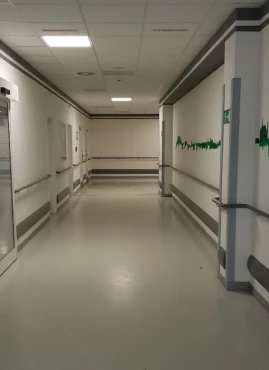
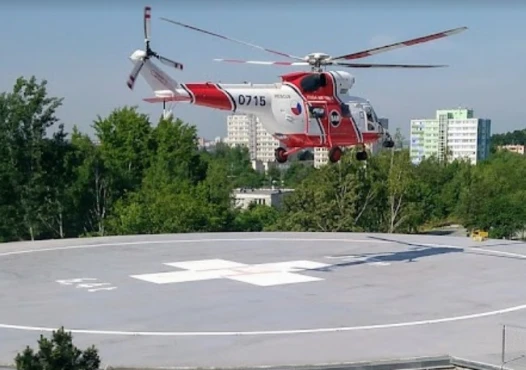
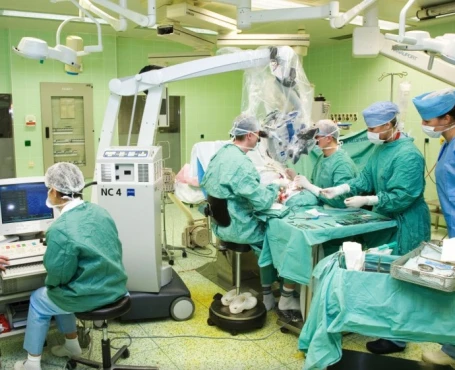
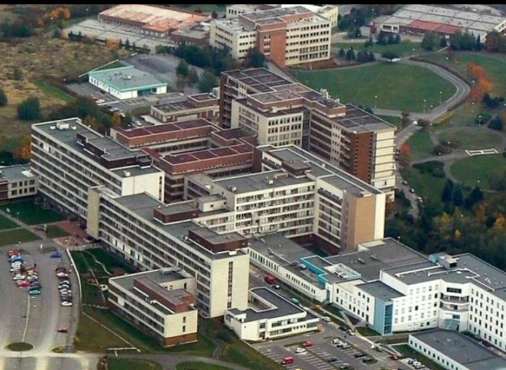


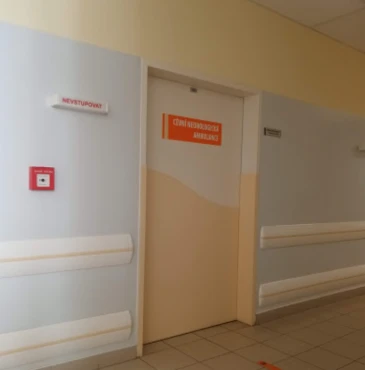
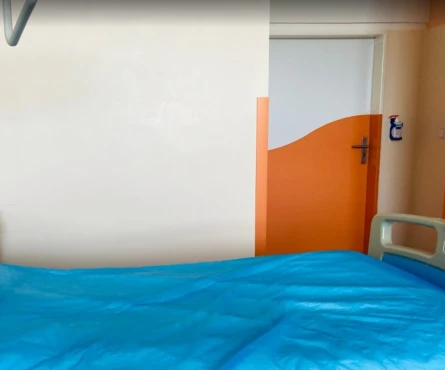
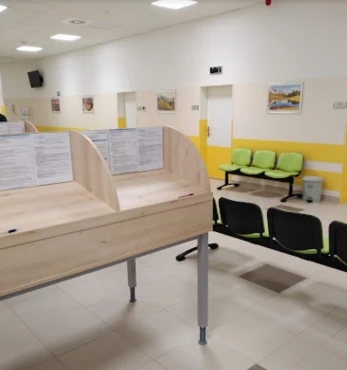
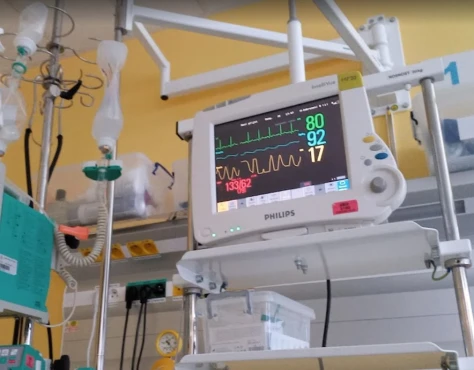
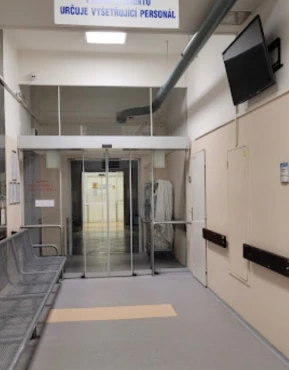
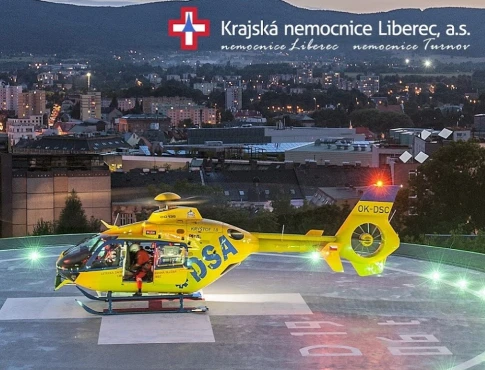
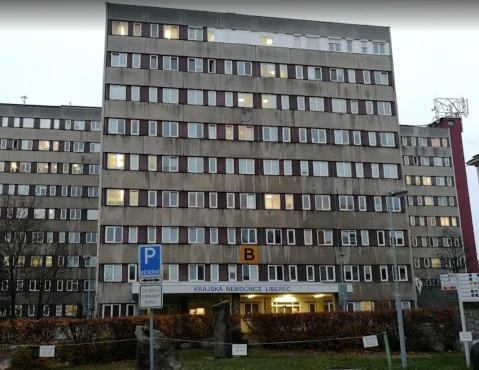
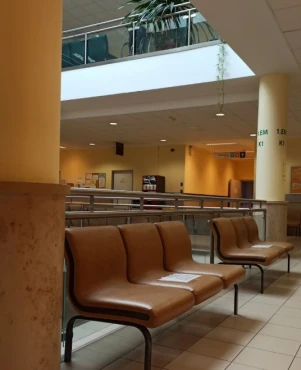
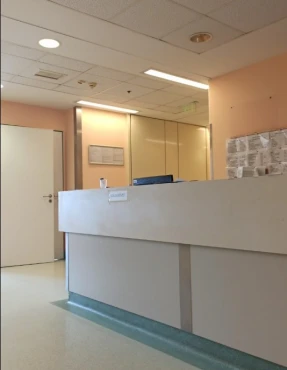

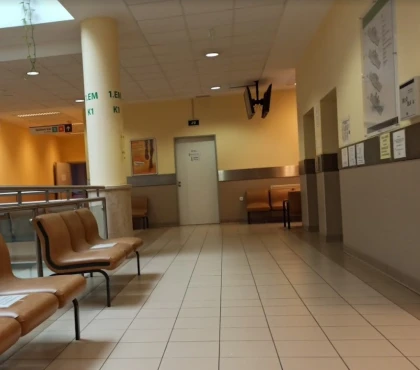
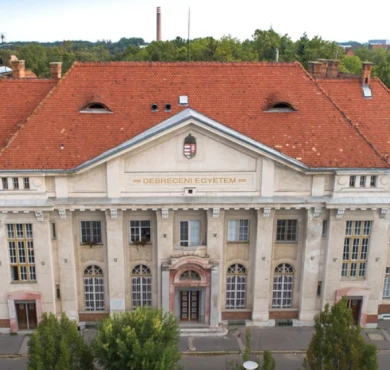
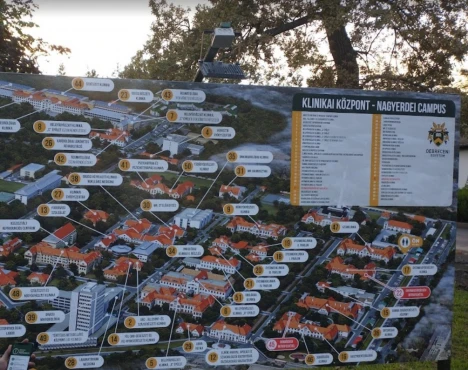
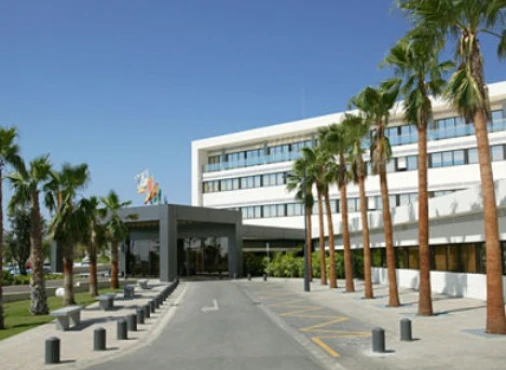
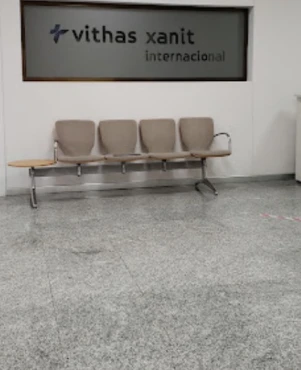
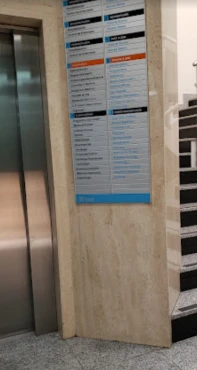
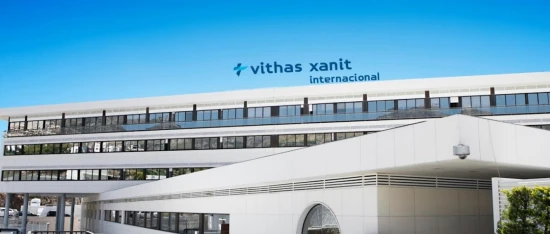

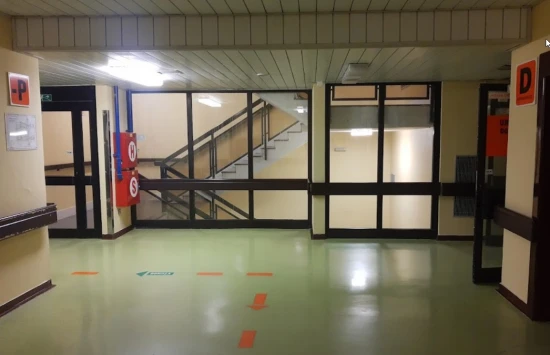
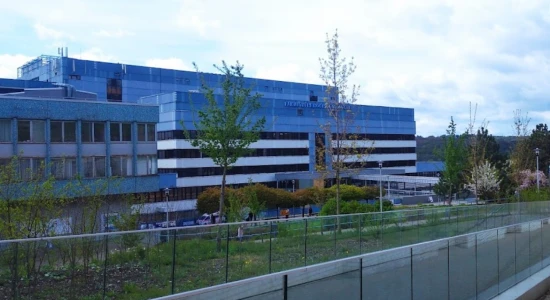
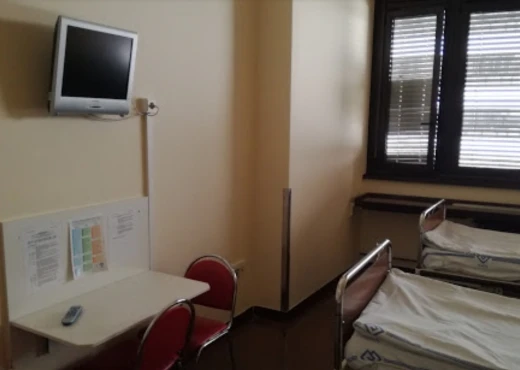
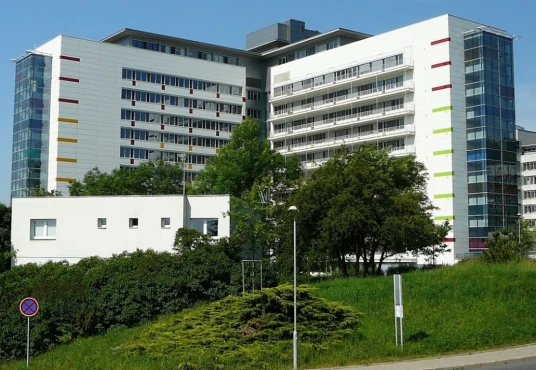
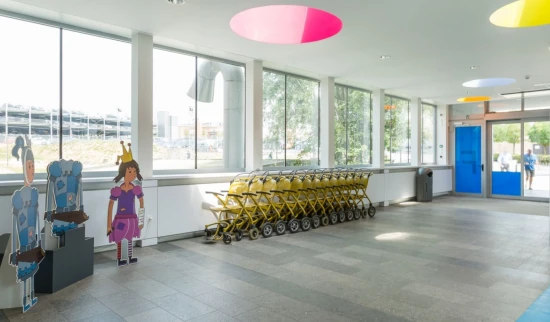
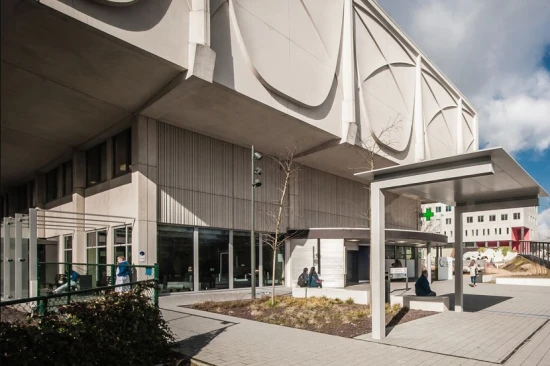
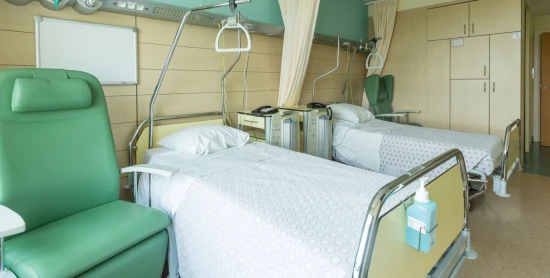
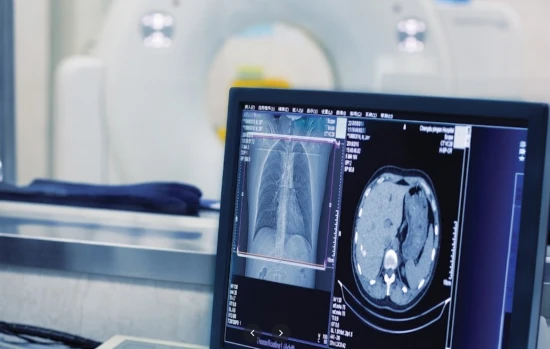
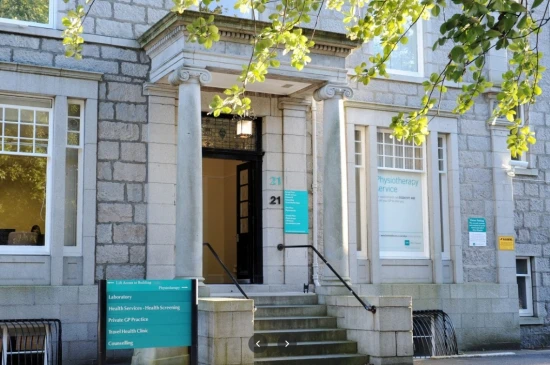
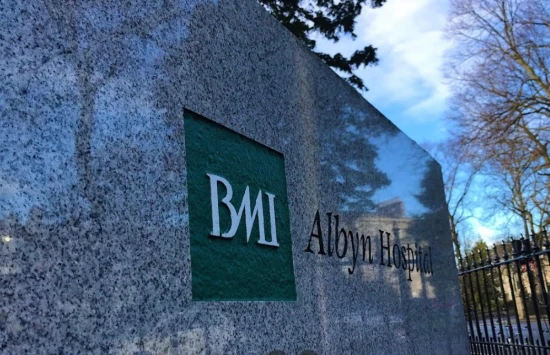
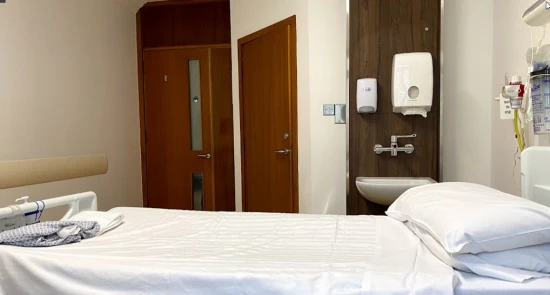
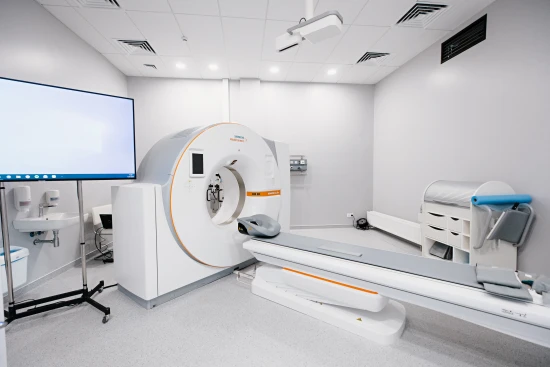
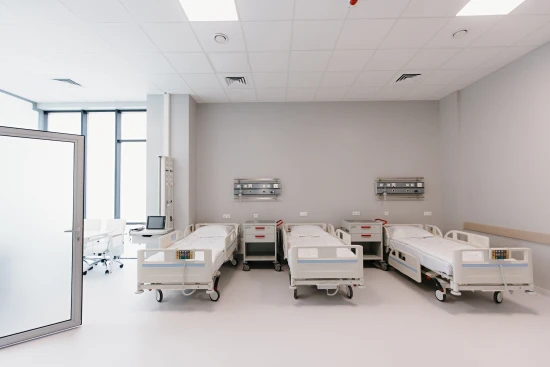
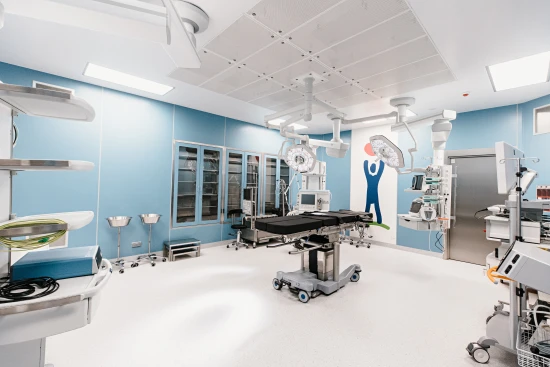
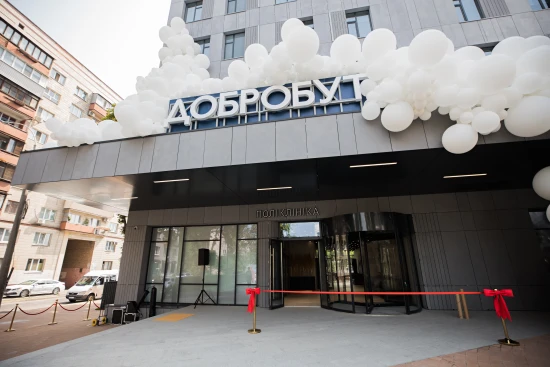
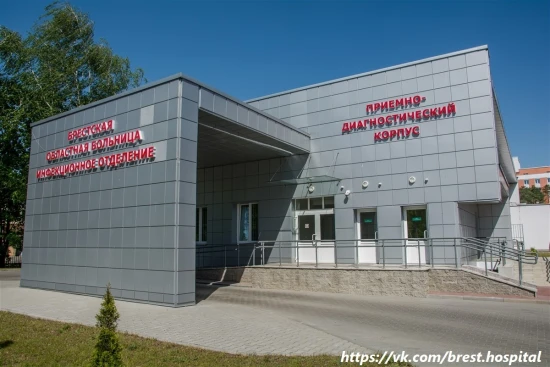
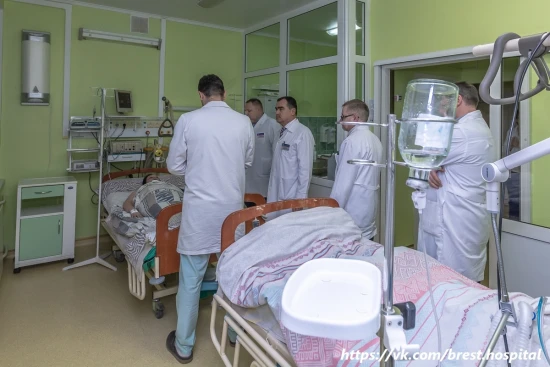
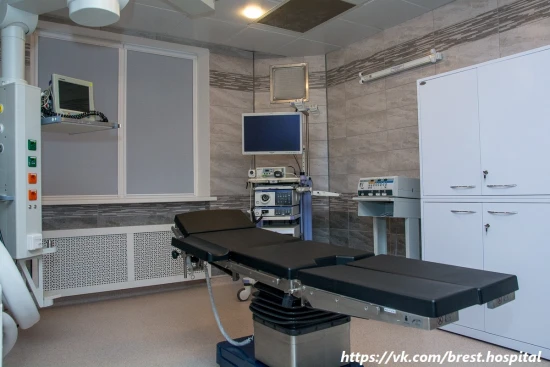
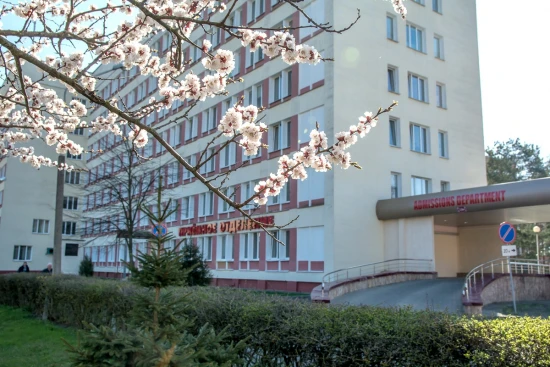
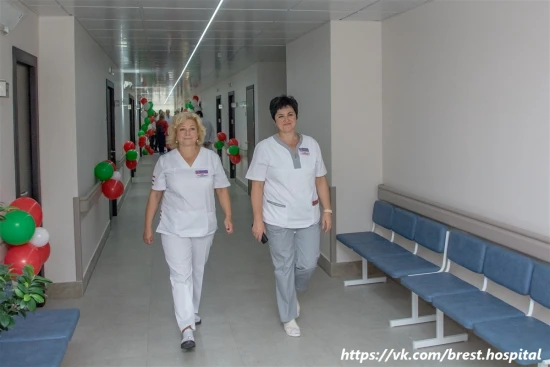
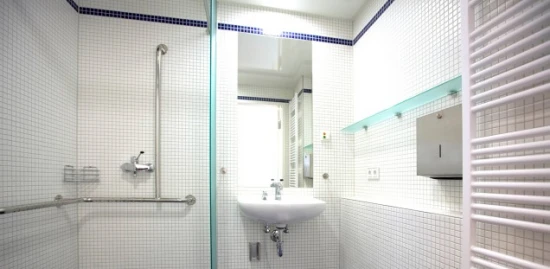
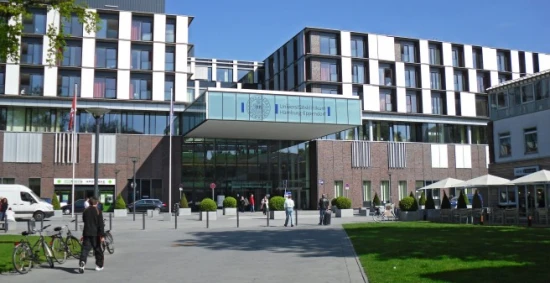
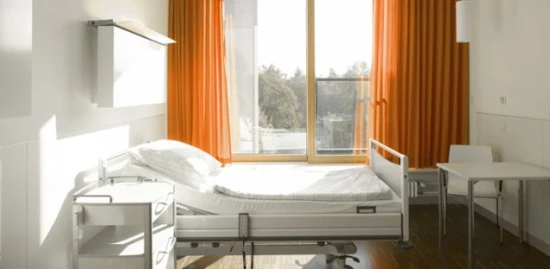
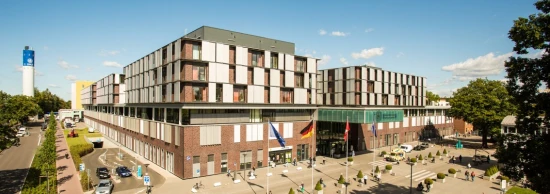
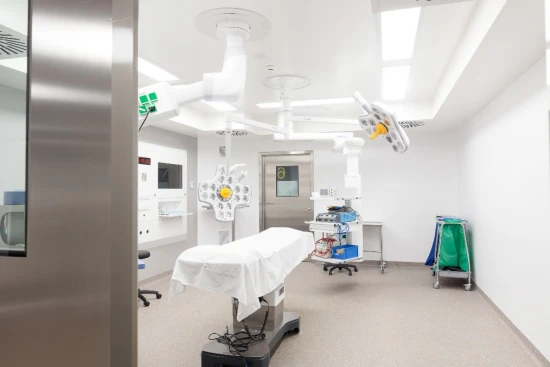
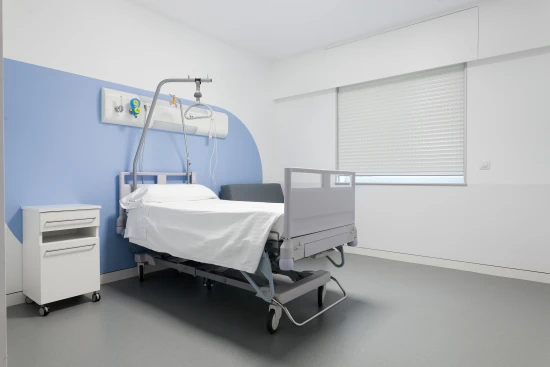
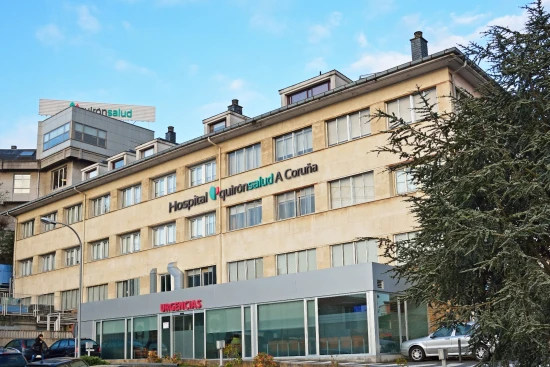
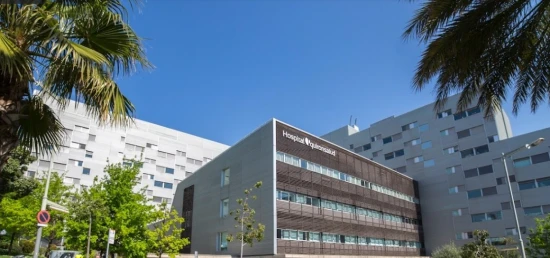
-medium.webp)
